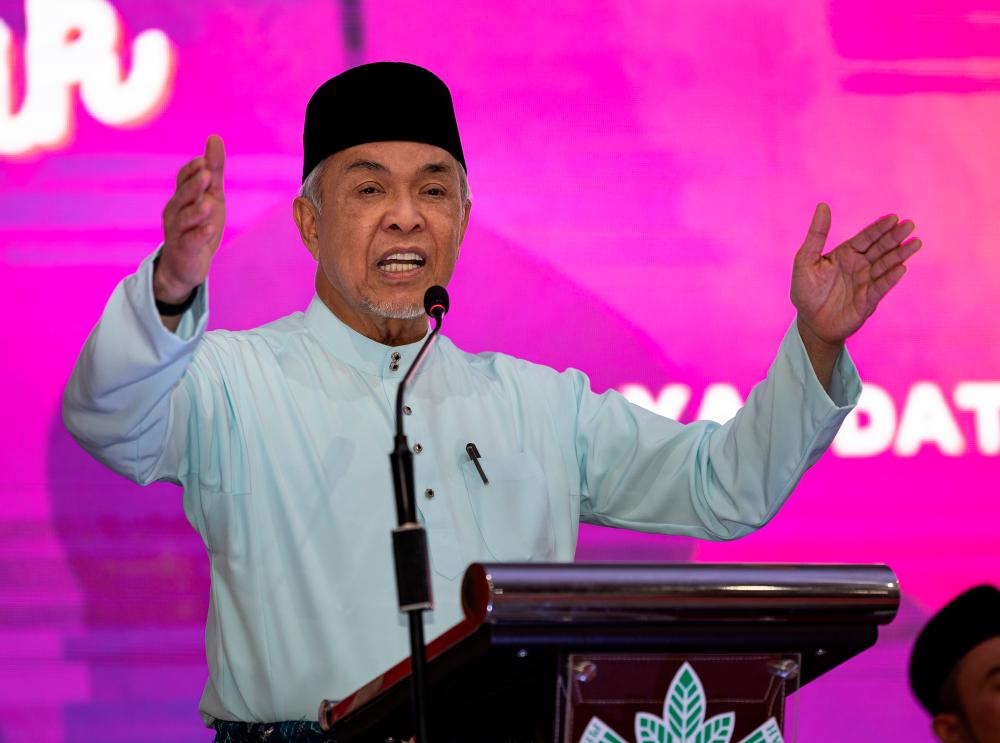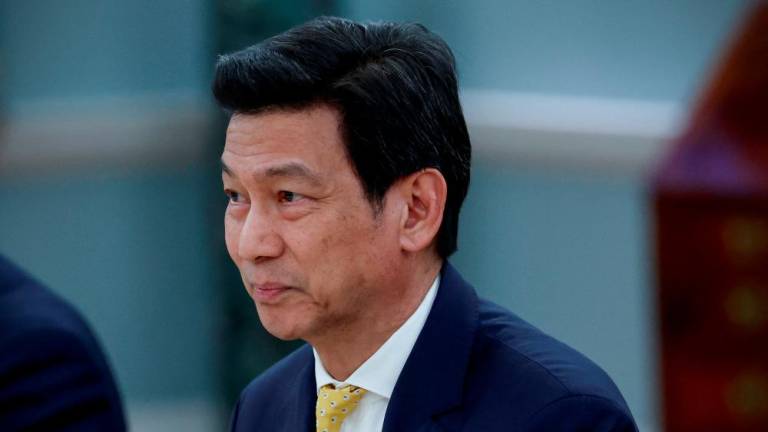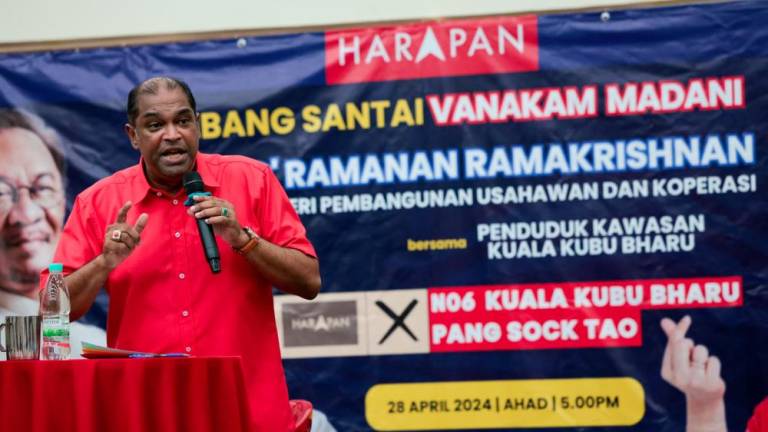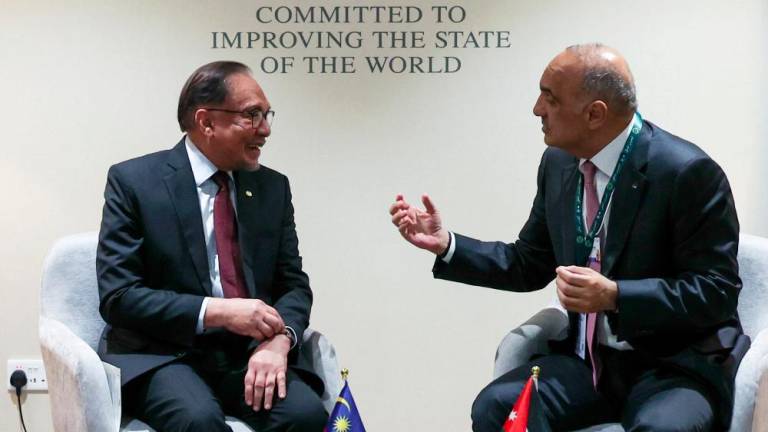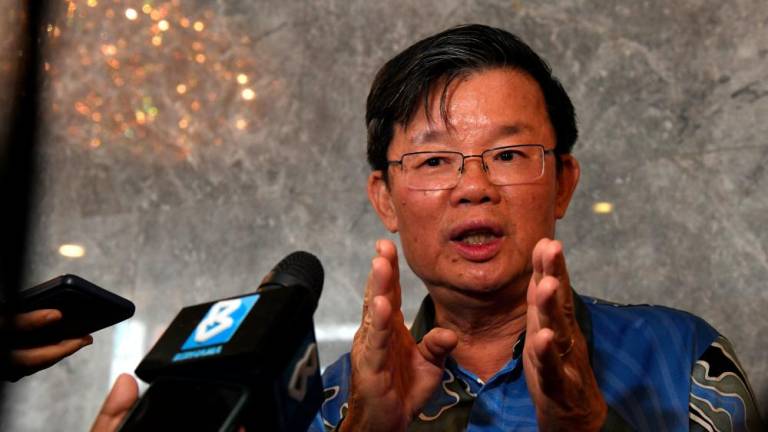PUTRAJAYA: The Youth and Sports Ministry (KBS) is in the final stage of developing the Sports Industry Plan which outlines strategies and initiatives to benefit the sports industry sector and, thus, provide returns to the country’s economy.
Deputy Prime Minister Datuk Seri Ahmad Zahid Hamidi (pix), also chairman of the Sports Development Cabinet Committee, said the matter was brought up at the Cabinet Committee Meeting on Sports Development No 1/2024 which he chaired today.
“The government will greatly emphasise the growth of sports as a high-value industry.
“Based on the Preliminary Report of the Sports Satellite Account 202, the gross value added of the sports industry reached a total of RM19.6 billion in 2022 compared to RM17.5 billion in 2021,” he said in a statement after the meeting.
The meeting aimed to coordinate and update the delivery system of sports development initiatives and programmes, including enhancing cooperation of various sectors to achieve the goal of turning Malaysia into a sporting nation.
Meanwhile, he said the meeting also agreed with the implementation of strategic collaboration between the Anti-Doping Agency Malaysia (ADAMAS) and the KBS with the Ministry of Education, Ministry of Higher Education and Ministry of Health in Anti-Doping Education.
“This strategic collaboration will be implemented for athletes in institutions of higher learning, athletes competing in the 21st Sarawak Malaysia Games (SUKMA) and 2024 Sarawak Para SUKMA as well as the implementation of ‘Kenali Ubat Anda’ (Know Your Medication) education,” he said.
Ahmad Zahid said all ministries must play their respective roles in improving the sports programmes, facilities and equipment to accommodate the expected demographic changes in the country, which is expected to achieve an ageing population status by 2030.
“According to projections issued by the Department of Statistics Malaysia (DOSM), 15 per cent of the Malaysian population will be aged 60 and above in that year,” he said.
He said the meeting is also a platform which can, hopefully, resolve all sports-related issues effectively.
“It can also be expanded by involving all government agencies and non-governmental organisations (NGOs) towards empowering sports development inclusively to produce a healthy, active and prosperous society.
“The planning and implementation of this initiative require the cooperation of all stakeholders to achieve the government’s goal as outlined under the National Sports Policy and National Sports Vision (VSN) 2030,” he said.



